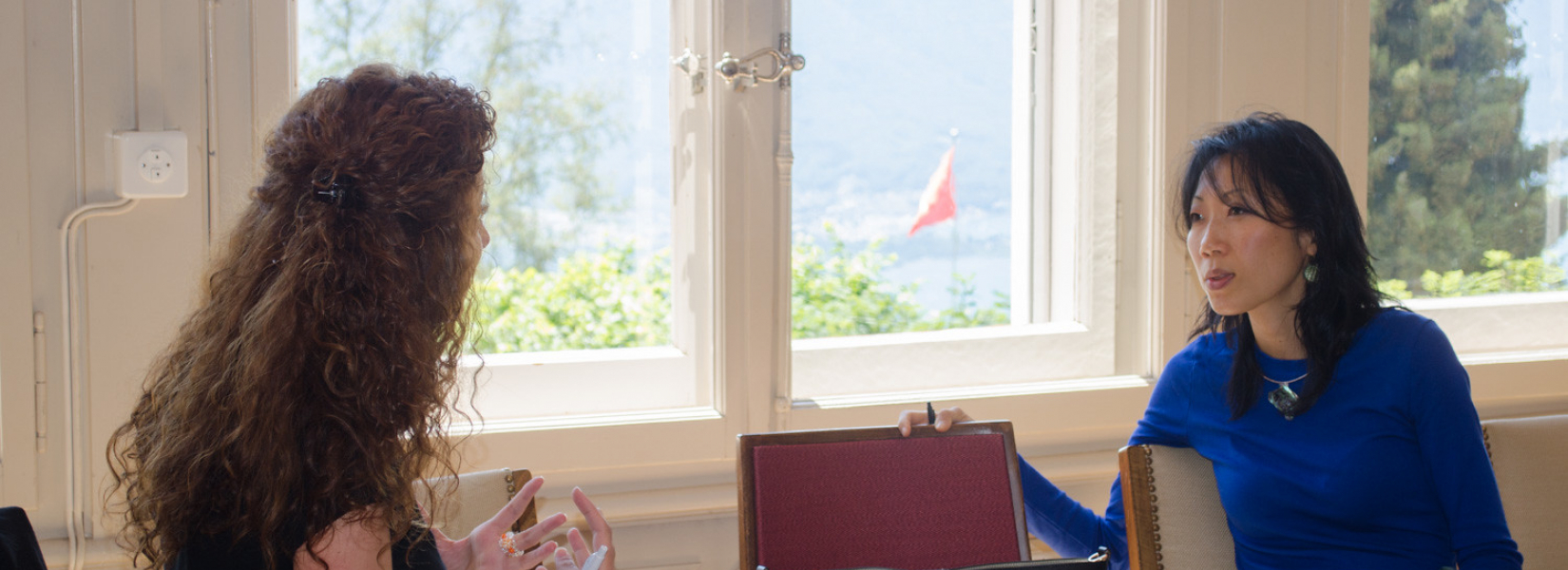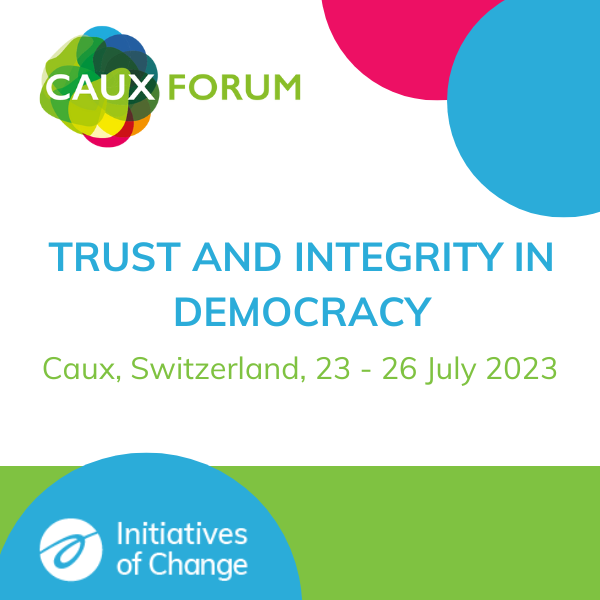Women’s empowerment: A humanitarian issue
Caux Dialogue on Land and Security 2017
05/08/2017
The founder of 4Girls GLocal Leadership (4GGL), Jin In is an activist and feminist, who has worked over a lifetime with the US Government, UN agencies and in collaboration with numerous organizations. She was one of the main speakers at the 2017 Caux Dialogue on Land and Security. According to her, young girls’ and women’s empowerment represents ‘a humanitarian issue, critical in every concern, every problem and every crisis on this planet’. She underlines the importance of it towards sustainable long term peace-building.
While the Caux Forum, through its series of events, trainings and workshops, promotes a global change through personal change, In applies a similar approach in her social change movement, called Glocal. On the one hand, she seeks to impact the root causes of women suffering at a global level in a responsive way, and on the other, she highlights and generates the power of girls at a local level: ‘That means think globally and have a global mindset, but [with] local actions. And the need of change must come from within.’
According to In, leadership is also about influencing other people, being able to raise one’s voice to spread a message. In that sense, the impact of an empowered woman goes beyond individual change, and has a broader impact: ‘I really believe if you empower a girl, she is never going to stop in her life. She will impact her family, her community, and in fact the change is also intergenerational. She is not only impacting her children but also her parents.’
‘I want to tell anyone who is addressing sustainable development, peace and security, land rights and especially war and peace, that it is not possible if we do not invest in women and girls, and if we do not empower them to be active agents of change.’
For her, progress regarding young girls and women empowerment has been happening at a very slow pace and has not been effective enough in the past. ‘I realise how important it is for people to see numbers, proofs.’ This motivated her to start collecting data measuring women’s empowerment, in order to understand better the needs and issues of women around the world. Questions include asking them the most important issues to them and women in their society. ‘Now we have proof, we have reports and we have data. So, who is going to challenge us? We have numbers,’ she explains, convinced that numbers have a powerful effect in raising awareness about gender inequalities and women’s suffering.
During the 2017 Caux Forum the issue of gender equality has been addressed from different angles and In’s strong message was a captivating and inspiring call to action towards girls’ and women’s empowerment.































